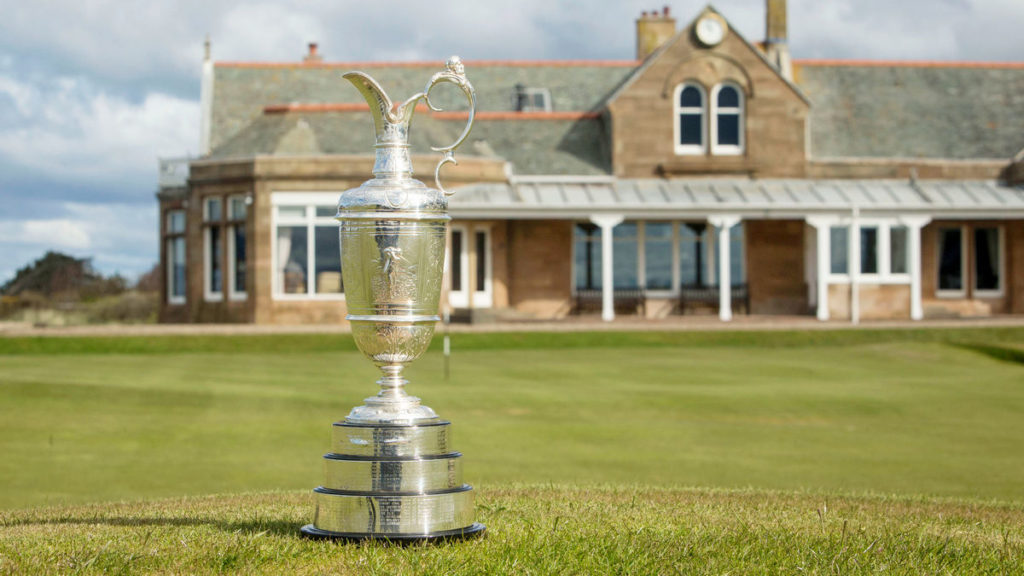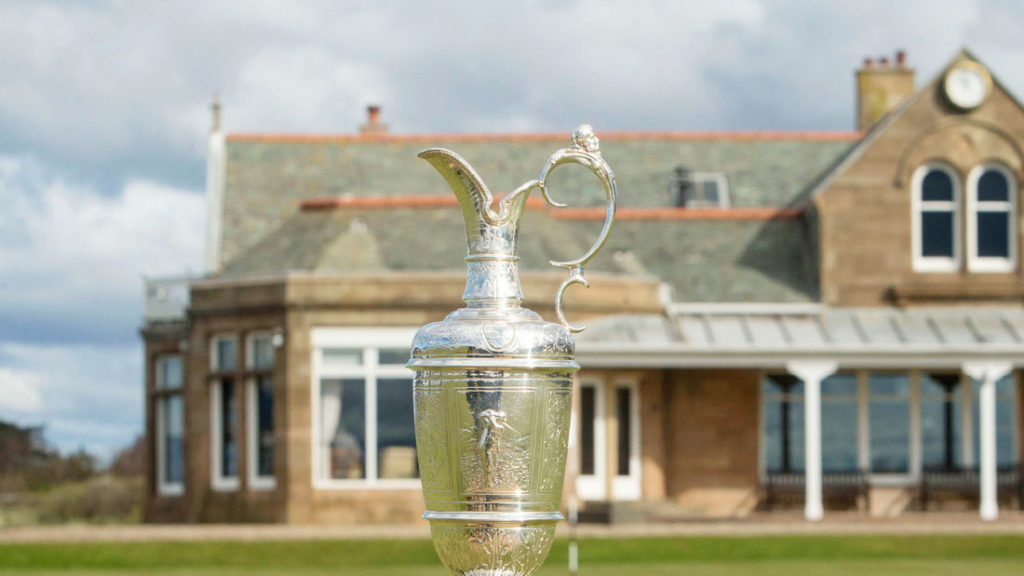The Players Championship got canned last week after one round due to the coronavirus crisis. Several other tournaments were abandoned in the wake of that decision by the PGA Tour. On March 13, Augusta National Golf Club announced that the Masters would not be played next month, noting “We hope this postponement puts us in the best position to safely host the Masters Tournament…at some later date.” The USPGA Championship, scheduled for San Francisco in May, won’t be played then; it is hoped it will be able to be staged sometime in August. I would bet that the US Open, set for Winged Foot in New York in June, will be off before the end of this month. The Open at Royal St George’s – who knows?

As of now, it would be sheer guesswork to figure out when this year competition might resume on the PGA Tour or the European Tour. If at all. (The latter is optimistically aiming for the end of May; my bet would be nothing in the States at least before September.) Which reminded me of something I first read a long time ago.
In his seminal book The Story of American Golf, Herbert Warren Wind had one chapter called ‘Duration Golf, or The Story of Byron Nelson’. The chapter opened as follows: “When war came for the British in 1939, sports were immediately and completely abandoned.” Remind you of anything?
Wind continued: “The British dug deep pits the breadth of their fairways to destroy their value as possible landing strips for German gliders” (I have played some holes in that sort of fashion myself) but he went on to say that after the Battle of Britain “and the removal of the immediate threat of invasion, the British perspective on total war altered and it began to be realised that proper relaxation, far from prolonging the war, was the best insurance that men and women working harder than ever before in their lives could continue to back the men behind the guns”.
These are obviously different times and the enemy is a disease, not some opposing military. As has been remarked upon many times in the past few days, sport is a “magnificent triviality” – a phrase coined by Phil Bull, the man who founded Timeform, the bible for horse-racing enthusiasts. Sport matters so much because it doesn’t at all. (At least in terms of watching it; playing it is terrific for one’s well-being.) I even imagine there are some people reading this who are having VAR-withdrawal symptoms. In common with everyone, I don’t know when top-class sport will resume in this country – or anywhere, in fact – but it will be wonderful when it does: a) because it will mean the virus is under some sort of control, and b) because I miss it like hell.
Writing about professional golf in America in 1944, when the United States as well as ourselves was involved in World War II, Wind observed: “It was during this period when the nation was hungering for first-class athletic performances, but expecting none, that Byron Nelson…came to the fore.”
In modern golf, such excitement is perhaps manifested nowhere more feverishly than at the Ryder Cup. I see that this week the European Tour has emphatically denied that this year’s match from September 25-27 may be delayed by a year. We shall see. If that happens, however, it may be that hideous fates conspire to put the event back into the odd-numbered years (from where it was moved in 2001 in the wake of 9/11) where it began. In which case, the 100th anniversary would be in 2027. I don’t want to see the match postponed but that would be quite fitting.
Reports today that the 2020 @rydercup is expected to be postponed are inaccurate. pic.twitter.com/anC9P5ZkfP
— Ryder Cup Europe (@RyderCupEurope) March 17, 2020
You can follow Robert Green on Twitter @robrtgreen and enjoy his other blog f-factors.com plus you can read more by him on golf at robertgreengolf.com
